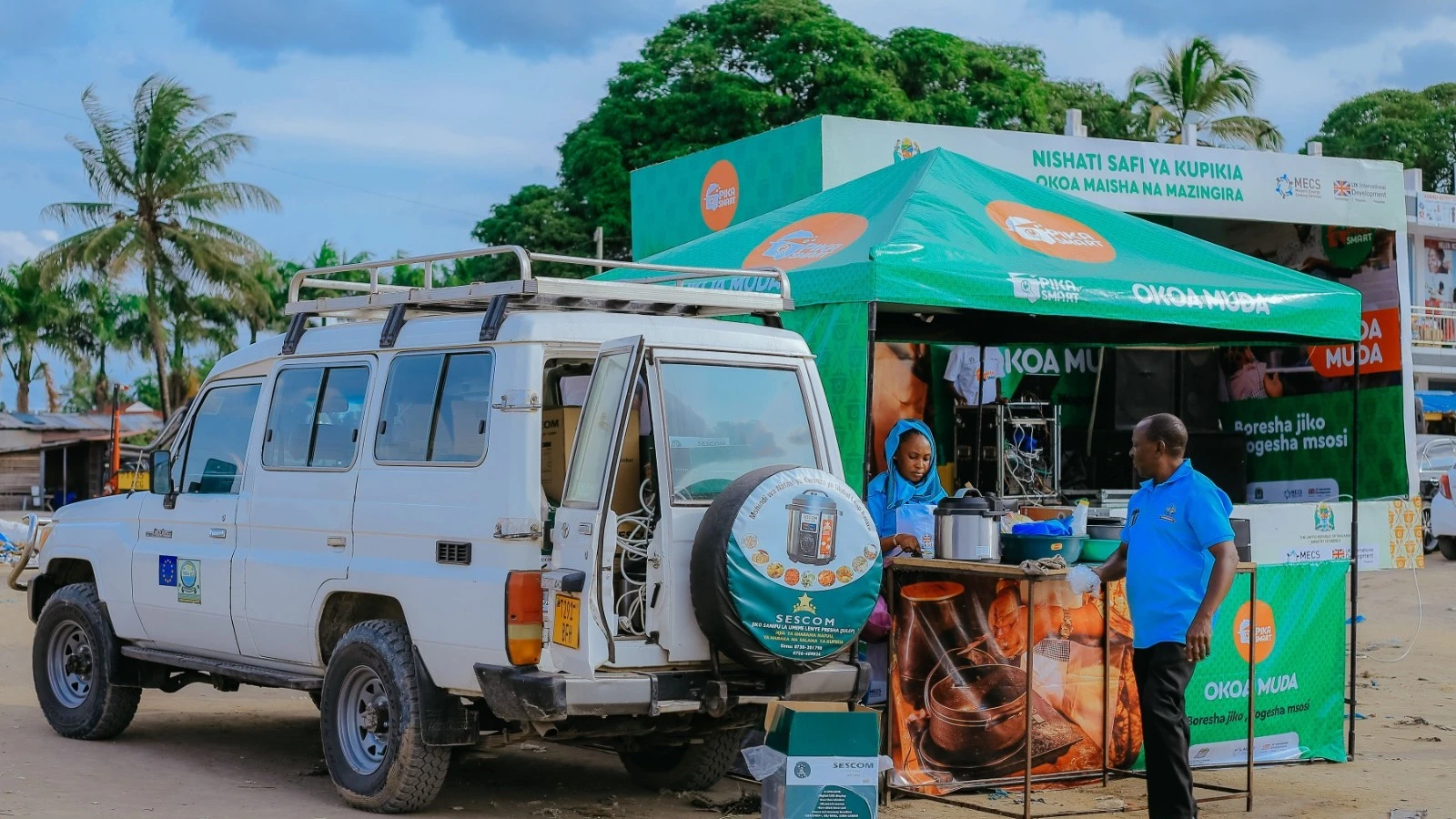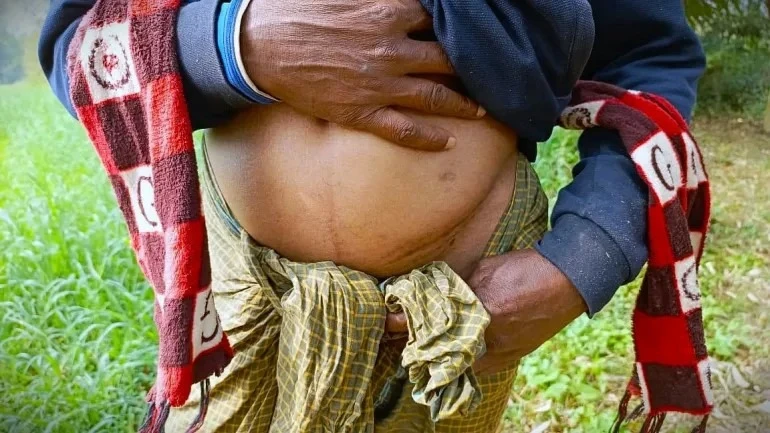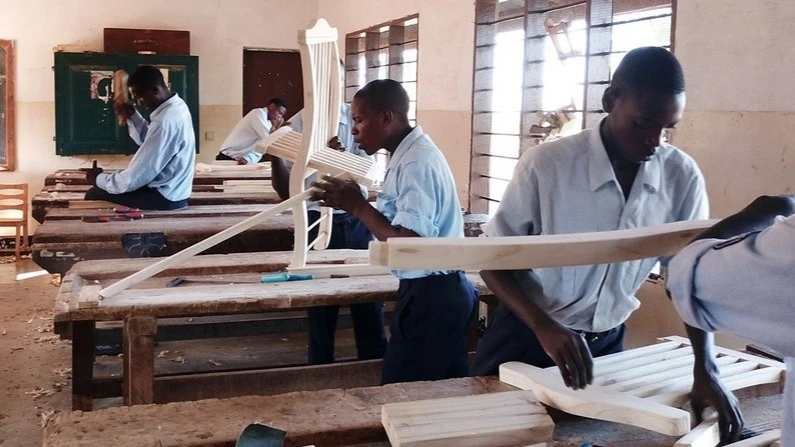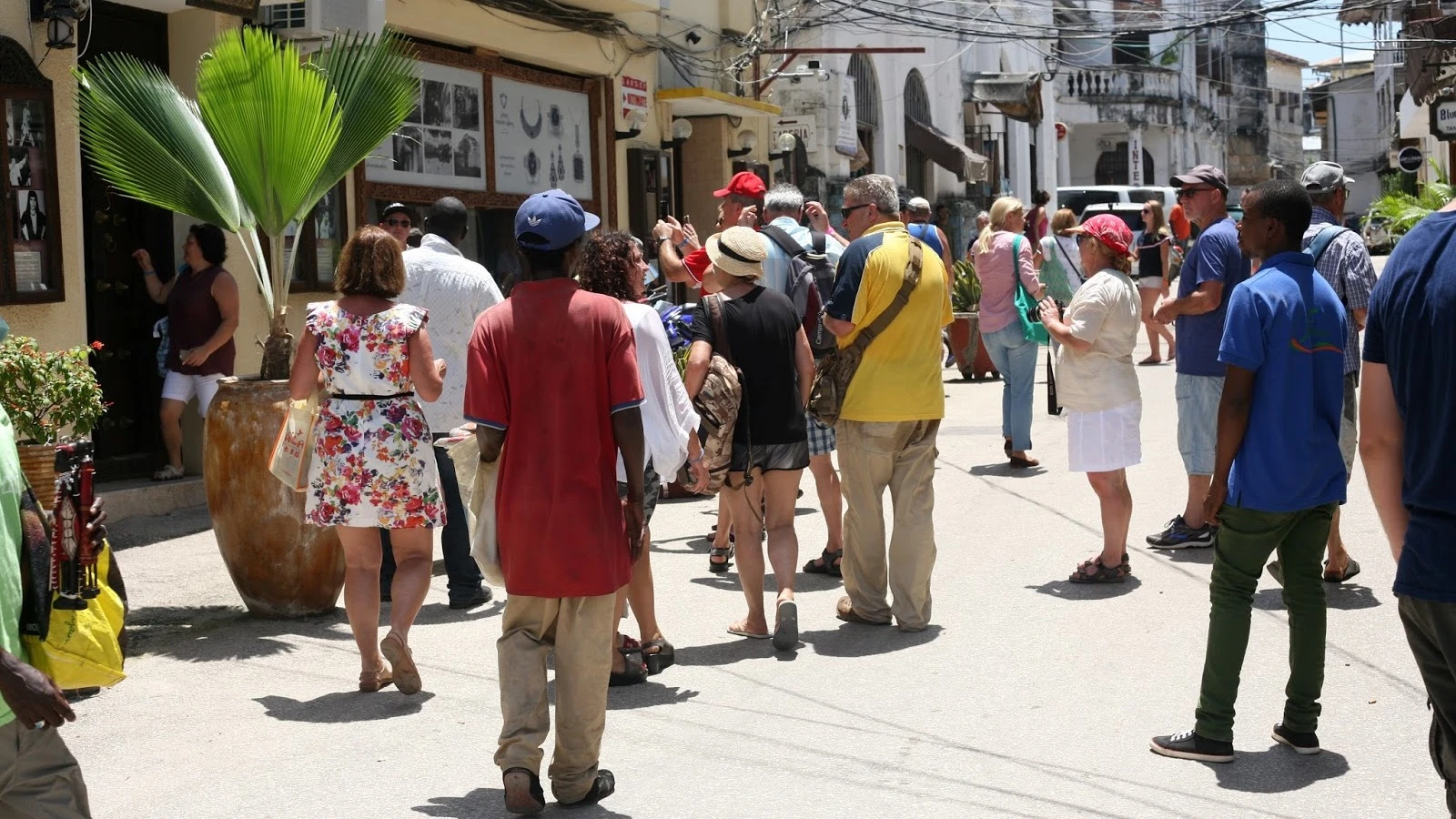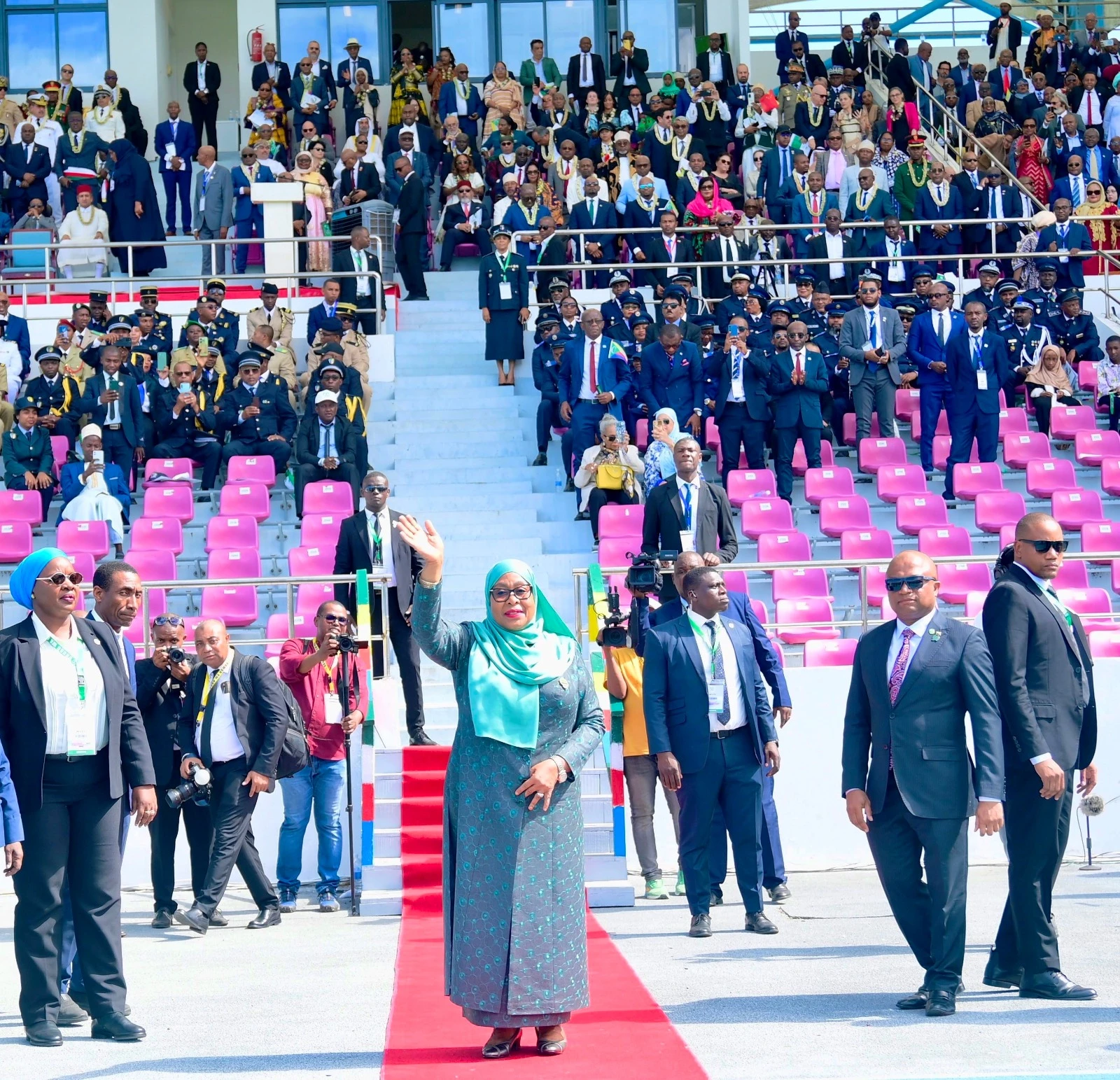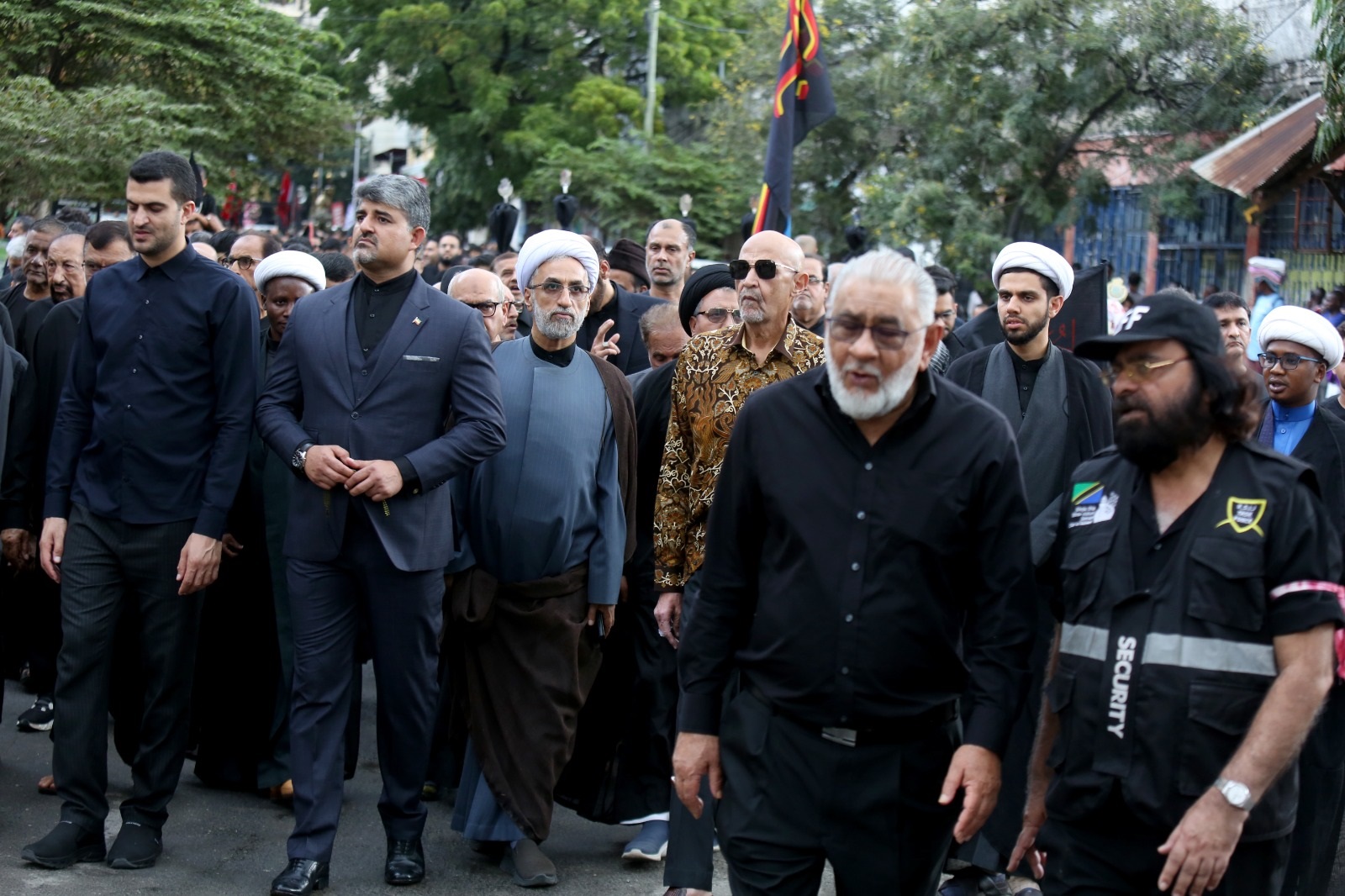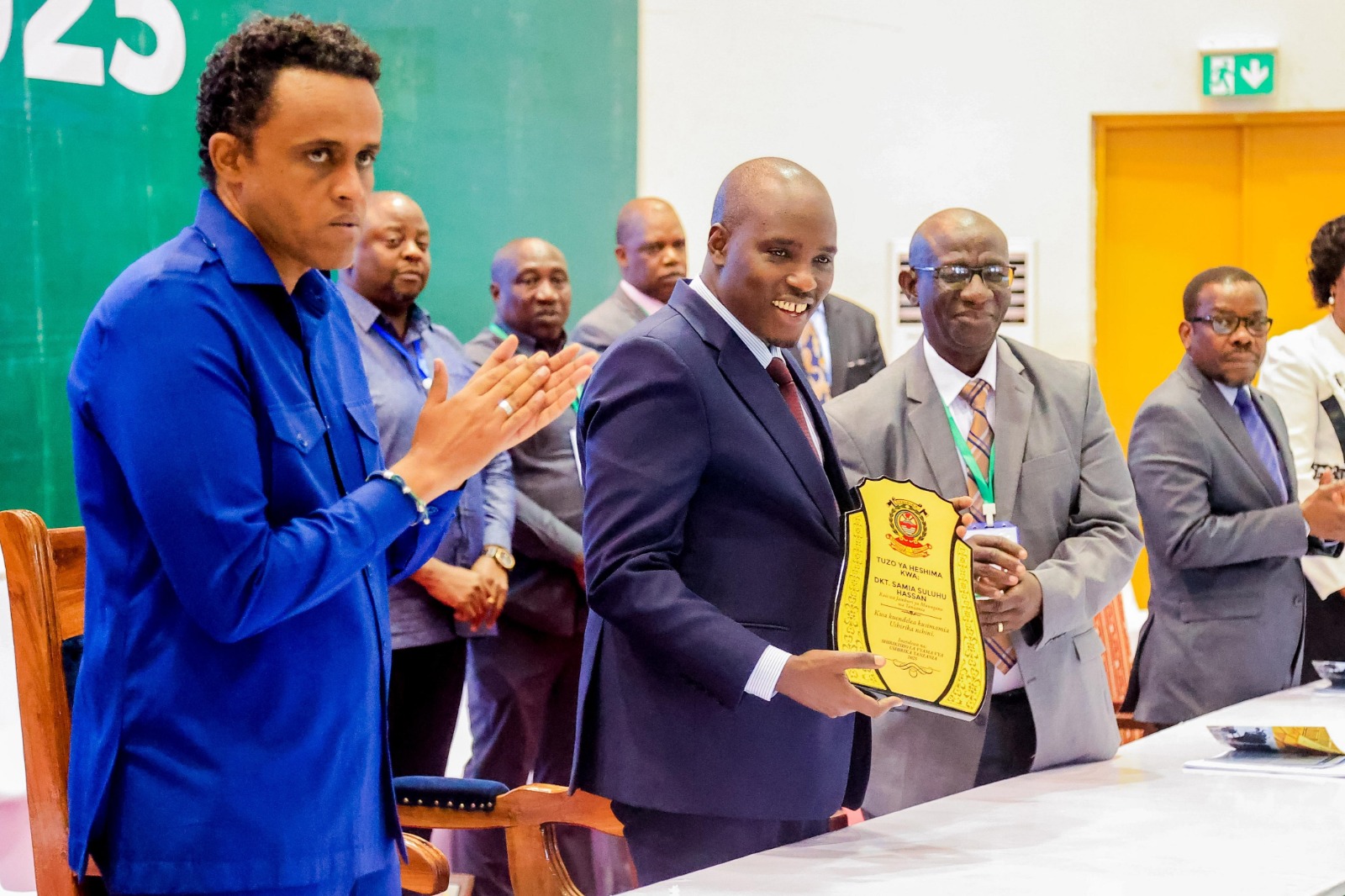JKCI hints at ‘medical visa’ for health tourism potential
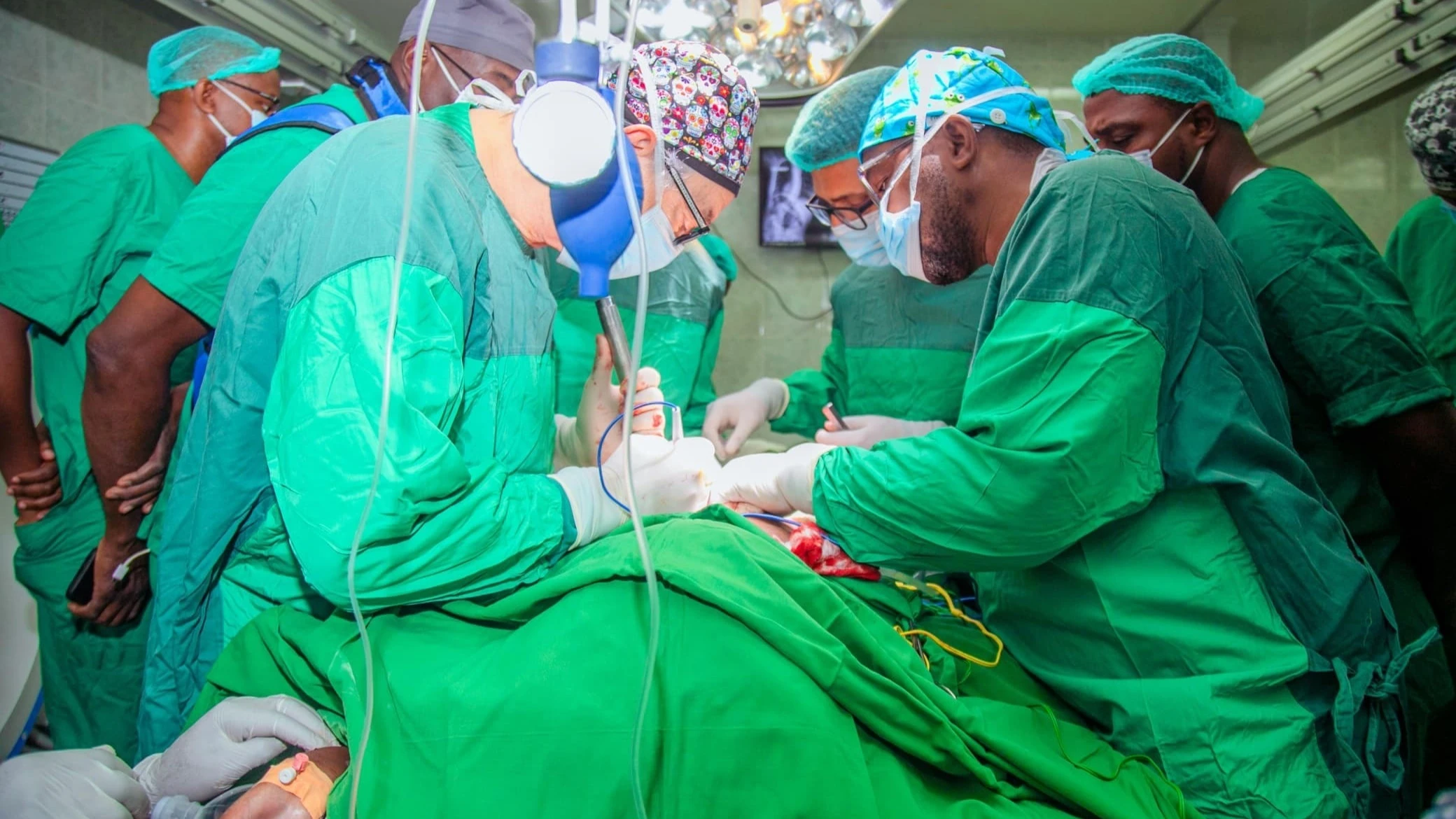
THE Jakaya Kikwete Cardiac Institute (JKCI) has proposed that foreign patients seeking to come here for medical treatment be granted a ‘medical visa’ as a special entry permit.
Khalifa Abdallah, the JKCI medical tourism officer, said during the 49th Dar es Salaam International Trade Fair (DITF) yesterday that issuing a medical visa is standard practice in many countries.
“It would help us attract more patients who travel specifically for medical care, rather than those who fall ill while visiting for other reasons,” he explained, noting that JKCI’s expanding medical tourism programme is a steady source of foreign exchange.
It has already earned the country over 8bn/-, with 1.3bn/- generated from foreign patients, some being tourists who fell ill while visiting.
A number of patients came specifically for cardiac services, as the institute has so far hosted over 50 overly specialized medical camps, treating 1,200 local patients and others from countries near and far, he said.
“We have formal partnerships with Comoros and Burkina Faso, which refer patients to us. We offer comprehensive care — from airport pick-up and hospital admission to discharge and follow-up,” he explained.
JKCI is well-positioned to become a regional leader in medical tourism, thanks to heavy government investment in advanced diagnostic and treatment technologies, he declared.
Dr Peter Kisenge, the JKCI executive director, said the institute’s growing regional footprint and use of modern medical equipment have made it a trusted destination for heart care.
“We are seeing more patients coming from across borders. This reflects the confidence regional countries have in the quality and safety of our services,” he asserted, inviting members of the public, especially within and near the commercial capital, to visit the JKCI booth at the trade fair, for free instructions and early heart screening.
Technological innovations on display include ‘Dozee,’ a smart monitoring sheet placed under a patient’s mattress to track key health indicators like heart rate, breathing and blood pressure, facilitating remote patient monitoring, he elaborated.
He also emphasized the cardinal importance of lifestyle changes in reducing the rising burden of non-communicable diseases, affirming that early check-ups are crucial. “And if people adopt healthier habits, including eating more fruits and vegetables, they can avoid many heart conditions,” he said.
With the proposed medical visa and growing international recognition, JKCI is not only saving lives but also creating economic value for Tanzania — showcasing how world-class care can thrive on African soil, he added.
Top Headlines
© 2025 IPPMEDIA.COM. ALL RIGHTS RESERVED








